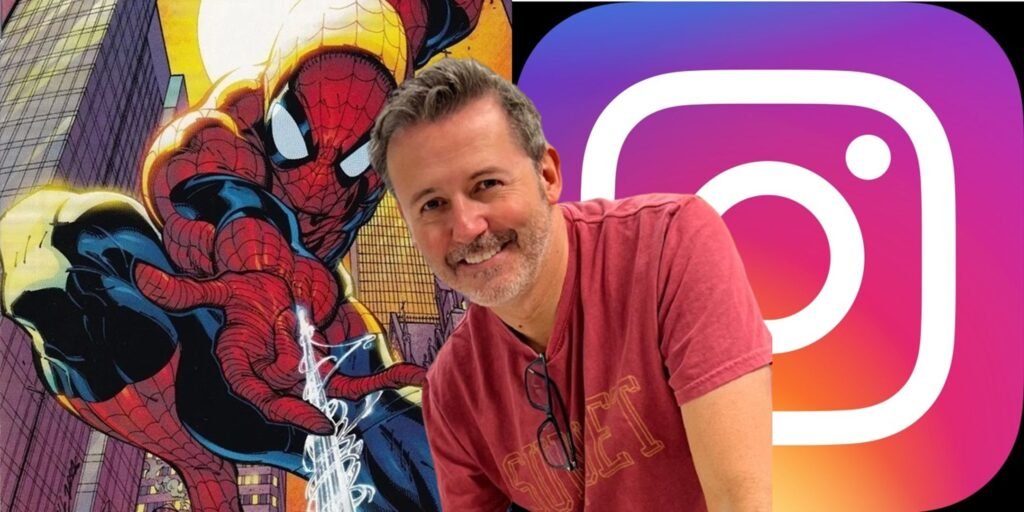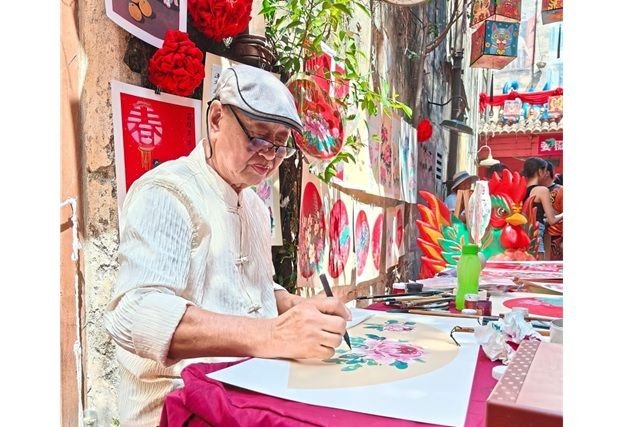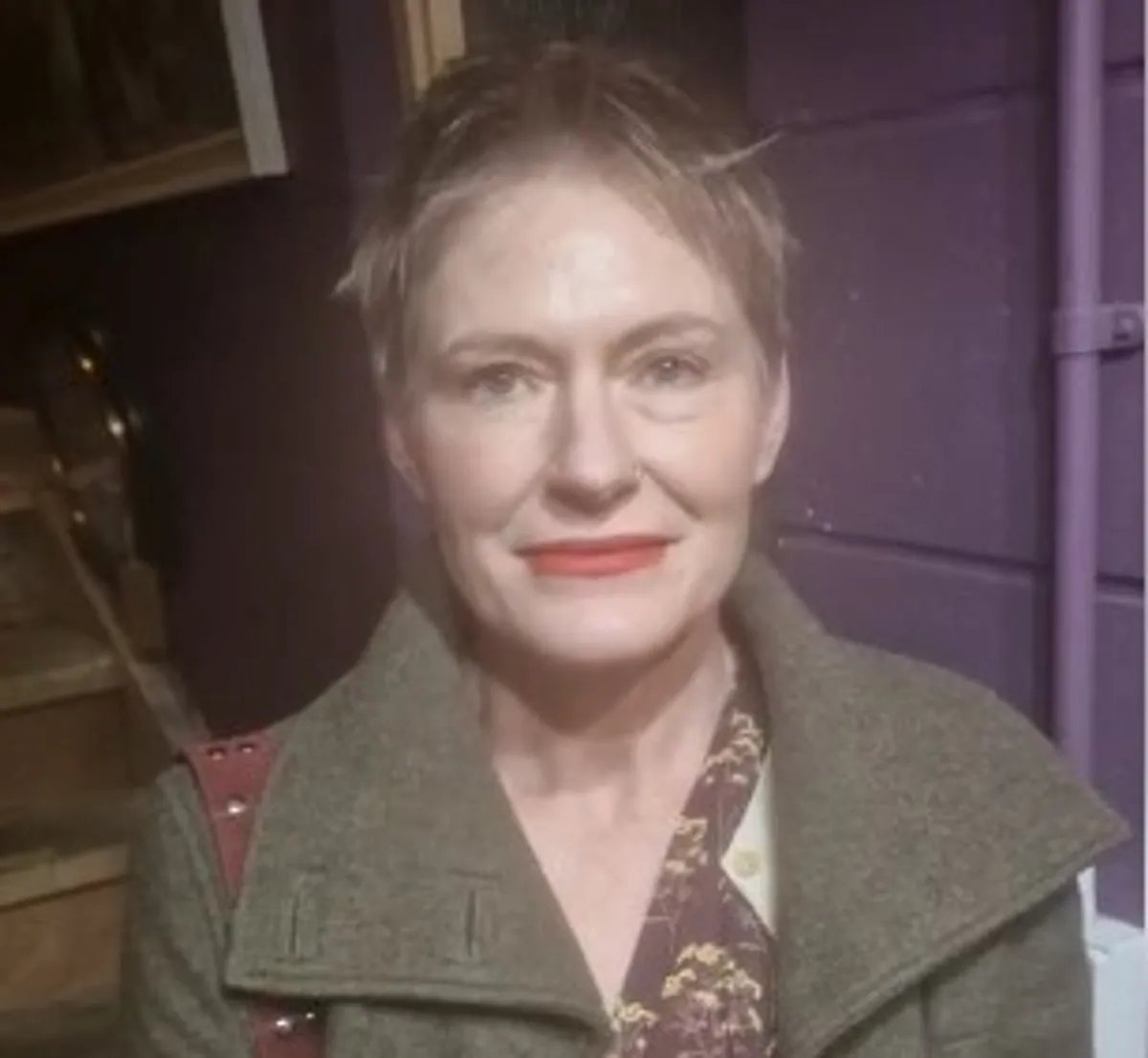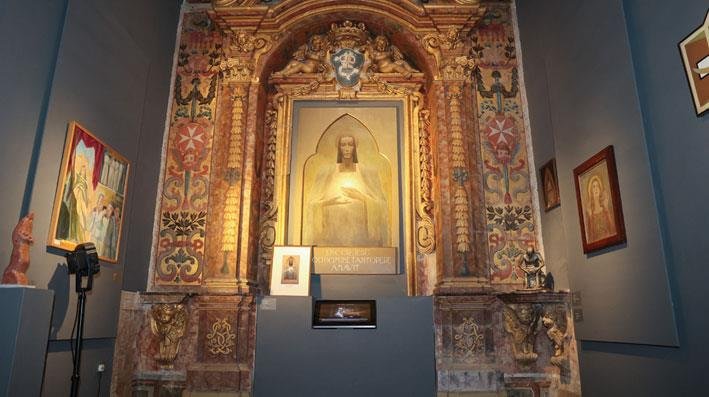Superstar comic book artist J. Scott Campbell took to his Facebook account this week to sympathize with his fellow artists who are irritated over the fact that Meta’s social media platforms are using posts on those platforms to train generative artificial intelligence (AI) artwork, while also offering some compelling arguments for why, for now, he is remaining on the major social media platforms like Instagram, Facebook, and X (formerly known as Twitter).
Campbell made the announcement by first sharing that he has now created an account on Cara, a social media platform for artists that is specifically designed to not allow generative AI art to be shared on its platform. Campbell notes his concern with the news that Meta is now using posts on Facebook and Instagram to train generative AI art. He just believes that artists shouldn’t be too quick to abandon platforms that are valuable for artists in an industry where being seen is so important for their success.
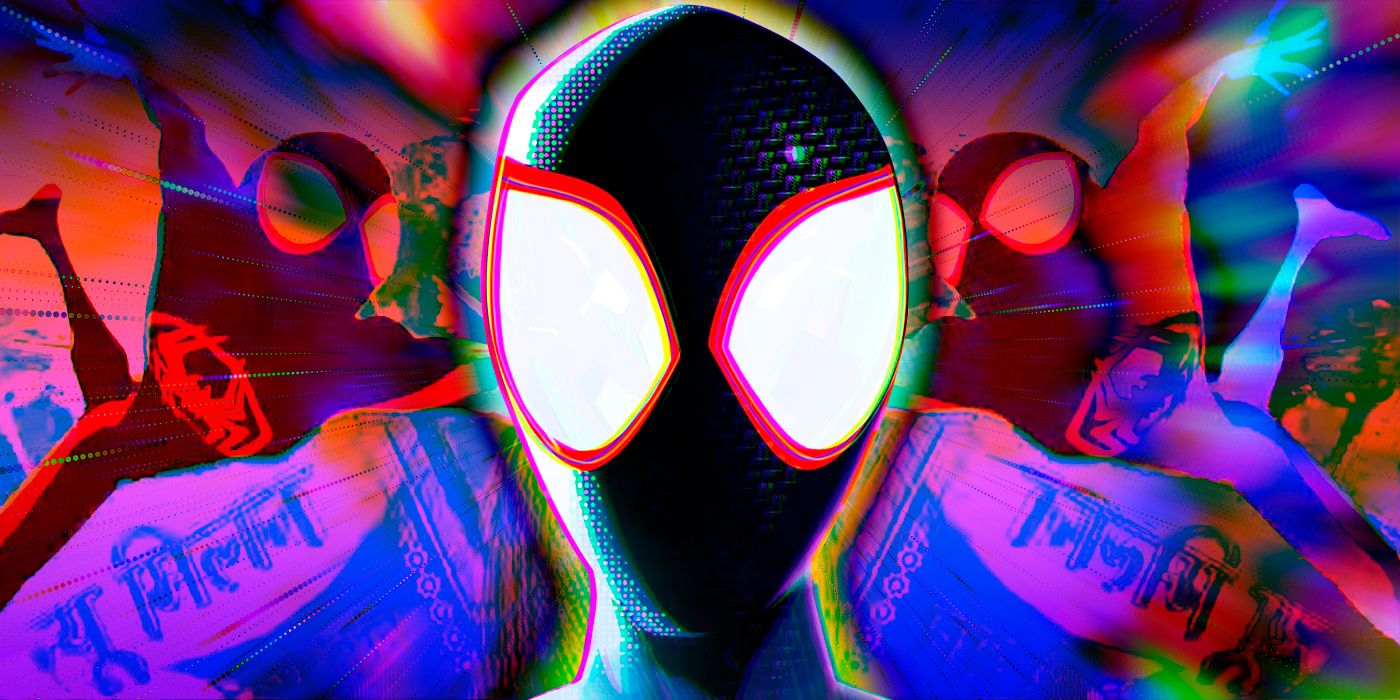
Related
The Spider-Verse Will Never Incorporate AI Art, Producer Promises
Christopher Miller calls AI art “plagiarized” and promises that it won’t be used at all in Spider-Man: Beyond the Spider-Verse.
Campbell’s main point is that as frustrating as Meta’s decision might be, that artists might want to take their emotional reaction out of the equation, explaining, “While I certainly understand and respect the principled actions and weighty decisions others in my field are making to exit Instagram over Meta’s AI image-scraping policies, I would strongly encourage those out there making a living from their artwork, whether it’s from using IG as a hiring portfolio or like me as a way to advertise my art business, do not make a big decision like this emotionally.”
He added, “I understand, the slow creep of AI is scary and we’re all inclined to fight back. But I’m not sure hiding our artwork away from the world on small upstart, untested platforms exclusively is a wise choice.”
Campbell, already a superstar comic book artist since his breakout success on Gen13 in the 1990s, has been at the forefront of using his popular artwork not just working for comic book companies and comic book retailers, but also sold directly from him, and he explains that being on the biggest social media platforms was an important part of his success, “I’ve been a successful art entrepreneur for several decades; making art a livelihood is always a mixed bag of compromises. I do not think one can successfully exist on the internet while simultaneously hiding in it. It’s one or the other. As toxic as social media can be, it was a full-on game changer for me as an artist for growing my business and growing my audience and I am not at a point where I’m about to toss away a decade’s worth of growth on Instagram, Facebook, or Twitter (X) that easily.”
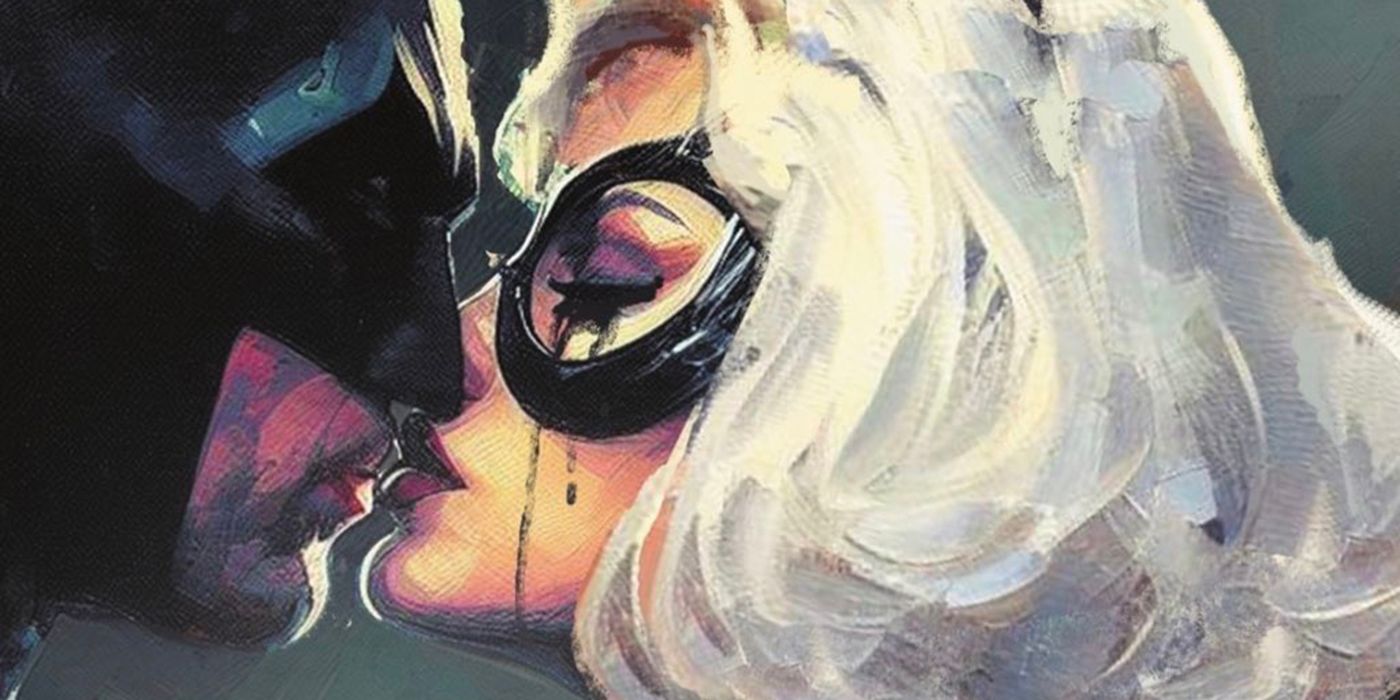
Related
DC’s New Batman Series Accused of AI Artwork
Writer and designer James Leech questions whether DC Comics’ utilized AI-generated art in the production of its current Batman ongoing series.
What is Cara, and what is its position on AI art?
Again, Campbell is a fan of Cara’s message, and IS on the new platform, noting that, “I’ll do my best to post there, while monitoring if the platform catches on,” but he just wanted to make it clear that he is not advising jumping ship until it is clear that alternative sites can help artists the same way the big sites can, pointing out, “[W]hile I root for more competition in this area, I’ve lost count of the amount of Instagram-killers we all collectively announced we were jumping over to, only to abandon them weeks later when the bugginess got to us and the lack of engagement was utterly defeating.”
Cara, for its part, describes itself as:
Cara is a social media and portfolio platform for artists.
With the widespread use of generative AI, we decided to build a place that filters out generative AI images so that people who want to find authentic creatives and artwork can do so easily.
Many platforms currently accept AI art when it’s not ethical, while others have promised “no AI forever” policies without consideration for the scenario where adoption of such technologies may happen at the workplace in the coming years.
The future of creative industries requires nuanced understanding and support to help artists and companies connect and work together. We want to bridge the gap and build a platform that we would enjoy using as creatives ourselves.
Our stance on AI:
- We do not agree with generative AI tools in their current unethical form, and we won’t host AI-generated portfolios unless the rampant ethical and data privacy issues around datasets are resolved via regulation.
- In the event that legislation is passed to clearly protect artists, we believe that AI-generated content should always be clearly labeled, because the public should always be able to search for human-made art and media easily.
Campbell also recommends that artists cultivate mailing lists of loyal customers, so that they can directly engage with their fans, as well, without the need of social media platforms.
Source: J. Scott Campbell via Facebook

